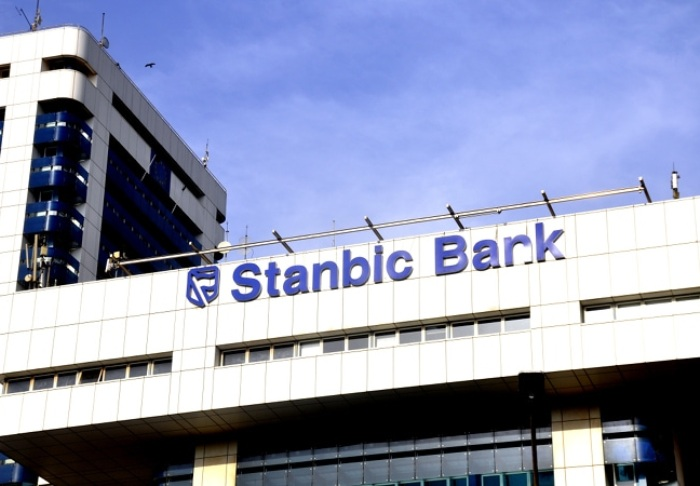The President of the Uganda Law Society, Isaac Ssemakadde, has stated that the arrest warrants issued against him are unjustified and politically motivated.
“I am challenging all arrest warrants issued against me, as they are unjustified and politically motivated. A petition is currently before the High Court seeking the cancellation of the orders issued by the Buganda Road Chief Magistrates Court in Criminal Case No. 913 of 2024,” Ssemakadde said.
He asserted that since the High Court is aware of the revision proceedings, the warrant issued today by the Buganda Road Chief Magistrates Court is unwarranted. He argued that it violates his rights to freedom of expression and movement, as well as international legal standards for issuing warrants.
“My lawyers will engage Interpol’s Commission for the Control of INTERPOL’s Files to remove any red notice against me from the Interpol system,” he added.
Earlier today, the Buganda Road Court issued an international arrest warrant for Isaac Ssemakadde, instructing Interpol to apprehend him. The warrant was granted by Chief Magistrate Ronald Kayizzi following a request from private prosecutors Tonny Tumukunde and Joshua Byamazima. The lawyers had petitioned the court to arrest Ssemakadde on charges of insulting the modesty of the Director of Public Prosecutions (DPP), Jane Frances Abodo.
The prosecutors applied for an Interpol arrest, claiming that Ssemakadde was on the run outside the country. Satisfied with their submission, Magistrate Kayizzi authorized Interpol to arrest him on sight.
This development follows a ruling last month by Justice Musa Ssekaana, who sentenced Ssemakadde to two years in prison for contempt of court. The ruling stemmed from an application by Mugisha Hashim Mugisha, who accused Ssemakadde of publishing derogatory remarks on social media (X, formerly Twitter) against Justice Ssekaana and the judiciary.
Mugisha sought a court declaration that Ssemakadde had acted in contempt, an order restraining him from making further defamatory statements, his arrest and detention in civil prison, and Shs 300 million in damages.
In his ruling, Justice Ssekaana emphasized that contempt proceedings aim to protect public confidence in the judiciary by penalizing statements or actions that undermine the court’s authority.
“The objective of contempt proceedings is to uphold the administration of justice by punishing acts that mock or diminish the authority of the judiciary,” Justice Ssekaana ruled.





















